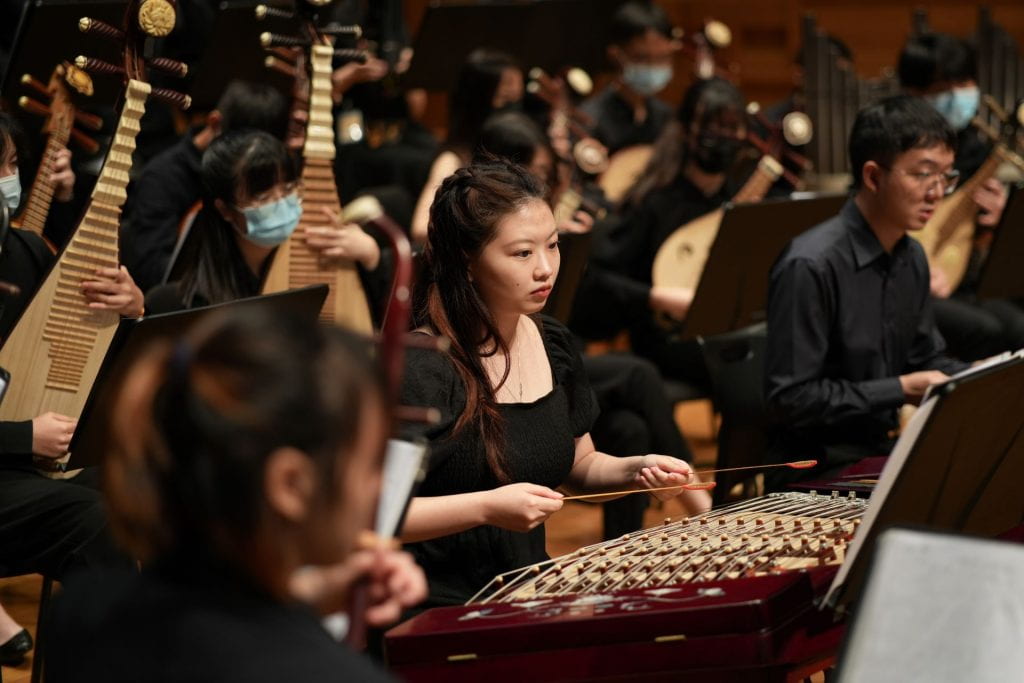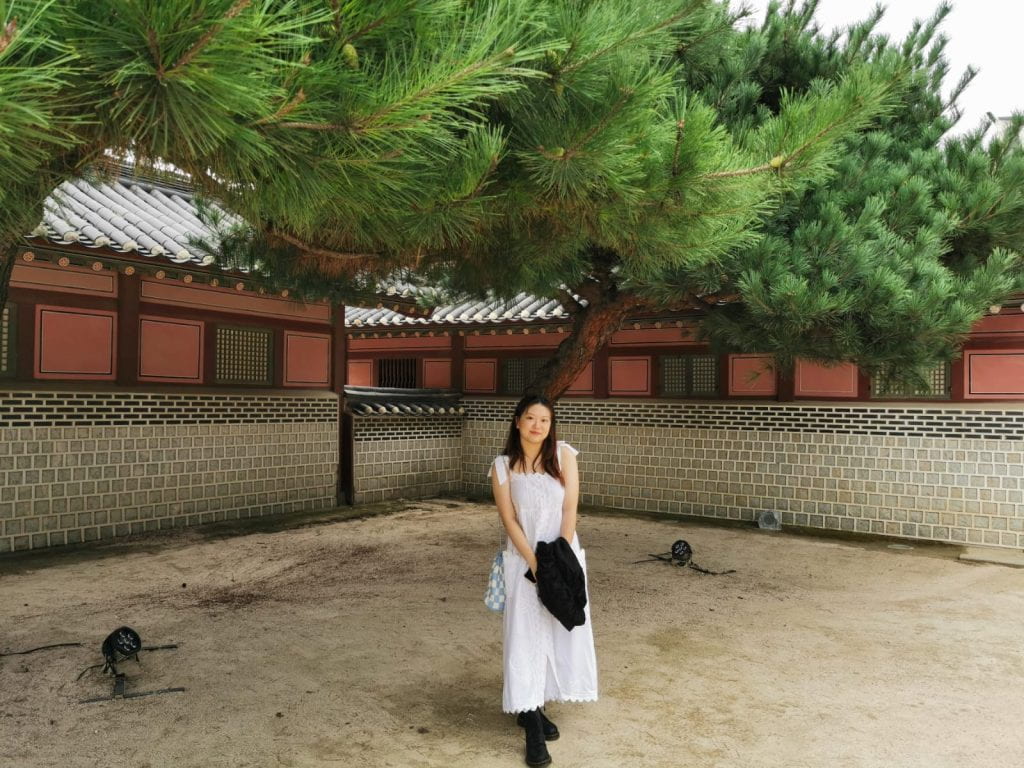My experience with multilingualism has been pretty colourful. I speak English and Mandarin and can speak and understand Cantonese and Hokkien, though a little less fluently. But my first real experience of having to speak in a third (fifth?) language out of real necessity was when I went on exchange to Korea last year.
The initial level of panic and anxiety I experienced was indescribable. At first, something about speaking in another language in front of actual people was really anxiety-inducing for me.
The longer I stayed in Korea, the easier it got for me to calmly listen to, understand and respond to locals who spoke to me in Korean. However, high-stress situations (e.g., dropping your phone on the floor when paying a taxi driver at Jeju Airport, not realizing until the taxi drives off and your flight departs in an hour) completely wiped every single language from my brain aside from English. I guess the panic and urgency must have overridden other considerations aside from needing to quickly and clearly communicate what I needed at the time. (Travel tip: always use a ride-booking app overseas so you can track the vehicle down when you lose something).
The biggest test of my Korean to English/Mandarin skills was when my family and I visited a wood craftsman’s studio. The constant stream of “Lisa, ask him what this is/when he made this/if he made all this by himself/what else he uses the studio for”, asking him the questions, comprehending his answers and translating them back was more tiring than I expected it to be.
There are also some words in Korean that mean rather specific things, that I suddenly wouldn’t be able to remember when I needed them (tip-of-the-tongue phenomenon, hahaha). For instance, there’s a word specifically for getting a job after you graduate. The artist had asked me about my older sister’s career, and I simply could not remember that specific word until hours later (취직하다 chwi-jik-hada, in its root form).
The overall experience was still positive, I would say. Learning new languages and picking up new skills is always fun and a good activity for your brain. It’s important to find ways to use these skills and practise these languages, so that the information stays relevant and accessible.
Some advice: don’t worry about not being able to remember those specific, advanced words! Using simple words for what those words mean gets the message across fine, and it’s actually often what locals tend to do as well. Also, native speakers are a lot more forgiving than you expect them to be. They already appreciate your efforts to learn, and they will not laugh at you for making mistakes unless they’re really mean, in which case you’re better off not speaking to them either. Have fun!

This post was written by our intern, Lisa. Lisa is a 4th year student majoring in Psychology, and speaks English, Mandarin, Cantonese, Hokkien and Korean.
Multilingual Memories is a collection of stories about our experiences learning language growing up as a bi- or multilingual! Childhood is when most of us start learning languages, and we think that it would be fun to reminisce about those memories together. Want to read more Multilingual Memories? Click here!
At BLIP Lab, we’re keen on investigating these language mixes at home! If you have a child between the ages of 0-4 years old, we’d love to invite you on our journey to understand more about this. Click here to know more about the Baby Talk-a-thon: https://blogs.ntu.edu.sg/blip/baby/talkathon/
We’re also on Instagram @bliplabntu – follow us there!

